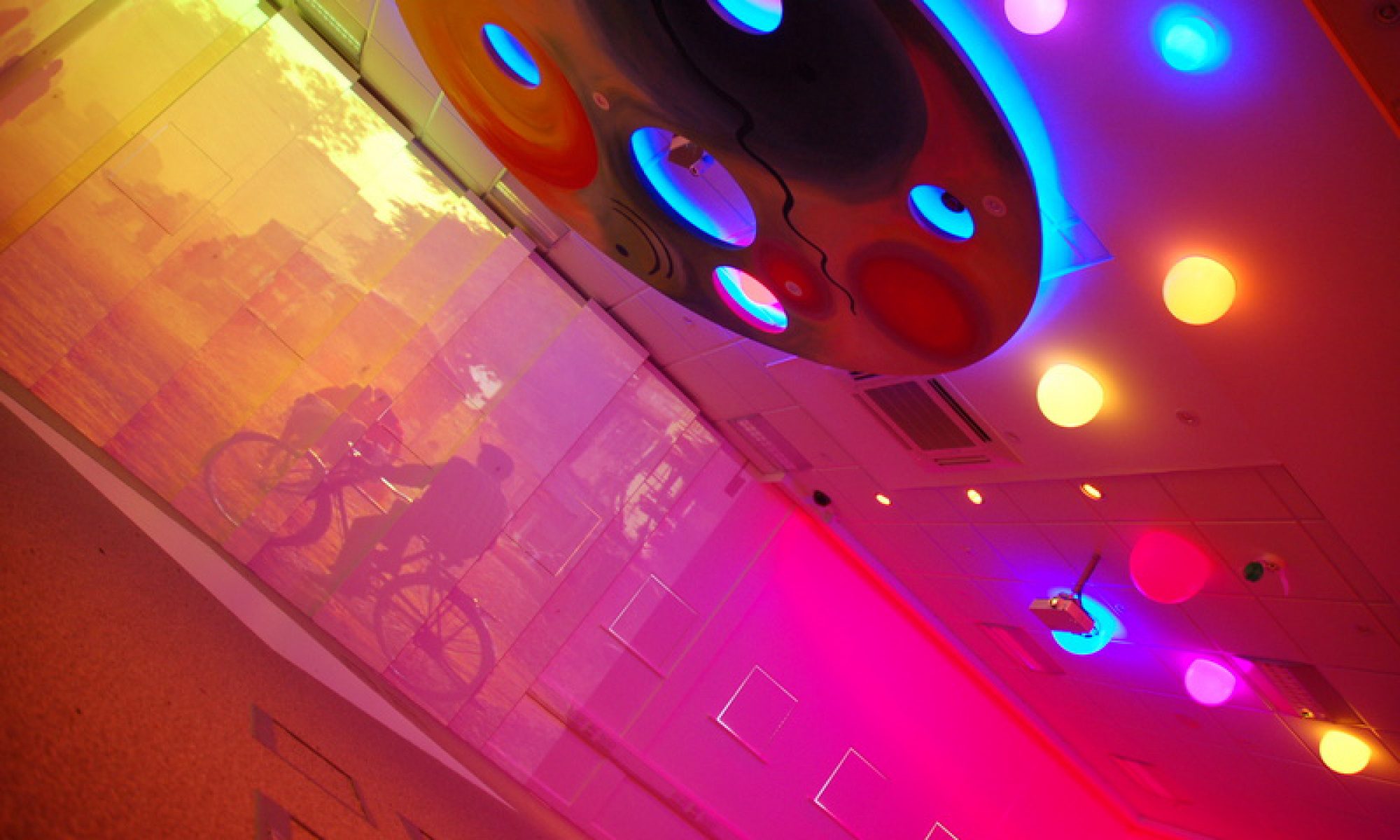[superquote]”When the teacher is talking about the industrial revolution he touches a button. The lights dim and the sound of a hundred noisy weaving machines fills the air…”[/superquote]
Cathy has been blogging again, this time for the fantastic Huffington Post! It’s been really enjoyable recently to start to discuss issues we feel passionate about in the education sector and to show how 4D Immersive Spaces really are changing the way pupils are learning.
You can read and comment on Cathy’s blog over at the Huffington Post website or read on below…
Classrooms shouldn’t be standardised: Why these four walls must inspire
I love making dens. Give me some string, a sheet and a few bamboo sticks and I can knock up another world in minutes. Somewhere to play, have fun and make up your own rules. But den making isn’t something I do just for my own children. Every week I go into schools and help pupils and teachers transform classrooms into war-torn towns, cavernous Egyptian pyramids and enchanted forests.
We’ll need many more enchanted classrooms if the government gets its way with ‘identikit’ schools. Following a major review of education capital by Dixons retail boss Sebastian James last year, Michael Gove announced a standardised design policy. All new schools will be built to a uniform set of drawings, prompting criticism of a dull, ‘flat pack’ approach that may leave schools devoid of any character.
A few weeks ago Building magazine reported that schools delivery body the Education Funding Agency had toned down this policy, replacing standardised school plans with more ‘base-line’ design guidance. Whatever is decided on school design, a significantly reduced funding pot means that future classrooms will be far less bespoke and much more like the thousands of other education buildings across the country.
This is all very well in financial terms. But as schools finally get the refurbishment projects they have been crying out for since the days of Building Schools for the Future (BSF), will they have to sacrifice ‘sparkling’ classrooms for tidy ones?
By sparkling I mean a learning space that excites and inspires children. Somewhere they can’t wait to go into. Maybe it’s a room with surround sound. When the teacher is talking about the industrial revolution he touches a button. The lights dim and the sound of a hundred noisy weaving machines fills the air.
There is the whir and hum of repetitive work and then someone is shouting – a worker is injured. The lights come up and the sound stops. A heavy spindle of cotton thread is passed around the group. Each child holds the spindle and describes how it must have felt to work such long hours at their age in a busy and often dangerous mill.
This classroom and its interesting mix of low and high tech resources had helped Year 4 see, hear and touch the industrial revolution from a completely different angle. They couldn’t believe the conditions children were working in. Their understanding was enhanced and they wanted to know more – a response the teacher might not have got had he not morphed their classroom into a 19th century cotton mill.
Months ago I worked with 10 and 11-year-olds to build a rainforest den in their school hall. The teacher was able to project a landscape of trees and vines on to the walls. Each child painted an animal or bird to live in the forest and then recorded the noise their creature makes. The teacher piped these sounds into the hall. Green lighting showed we were in the depths of the jungle.
The next day the students went back to their room and everything had disappeared. Images of trees graced the walls but the creatures they had spent so long creating had gone and so had the animal noises. They got angry. They asked questions. Why have their animals vanished? What is going on? Where have they gone?
The discussion turned to deforestation and suddenly the walls were filled with images of destroyed forests, logs being towed away and manmade fires. The sound of chain saws got louder and red lighting created an intense atmosphere.
The children were furious. The den they had painstakingly created had produced an emotional connection between them and the subject. It has sparked their imagination and they wanted to find out more.
This is the power of turning classrooms into dens. Both examples show how education spaces can transport children to different locations and times. In seconds they can become unique environments, making learning fun and dynamic.
But this isn’t just about the students. Teachers need to feel inspired and motivated too. They should have the tools to experiment with fresh ideas and this will raise teaching standards and help schools to stand out, be that to parents, inspectors or prospective students.
As a teacher said to me recently, “you think about teaching from new angles if you’re planning next week’s lessons sat on a bean bag with waves lapping at your feet.”



